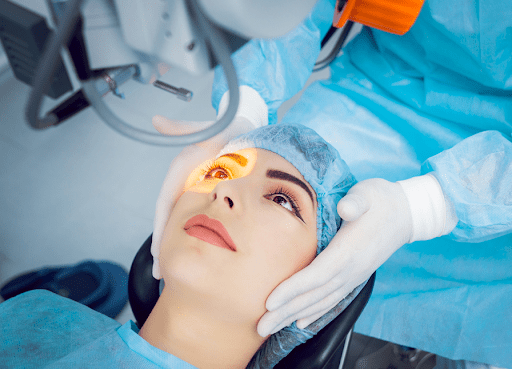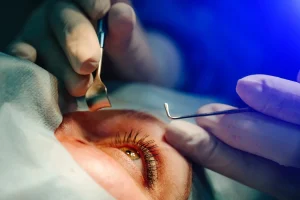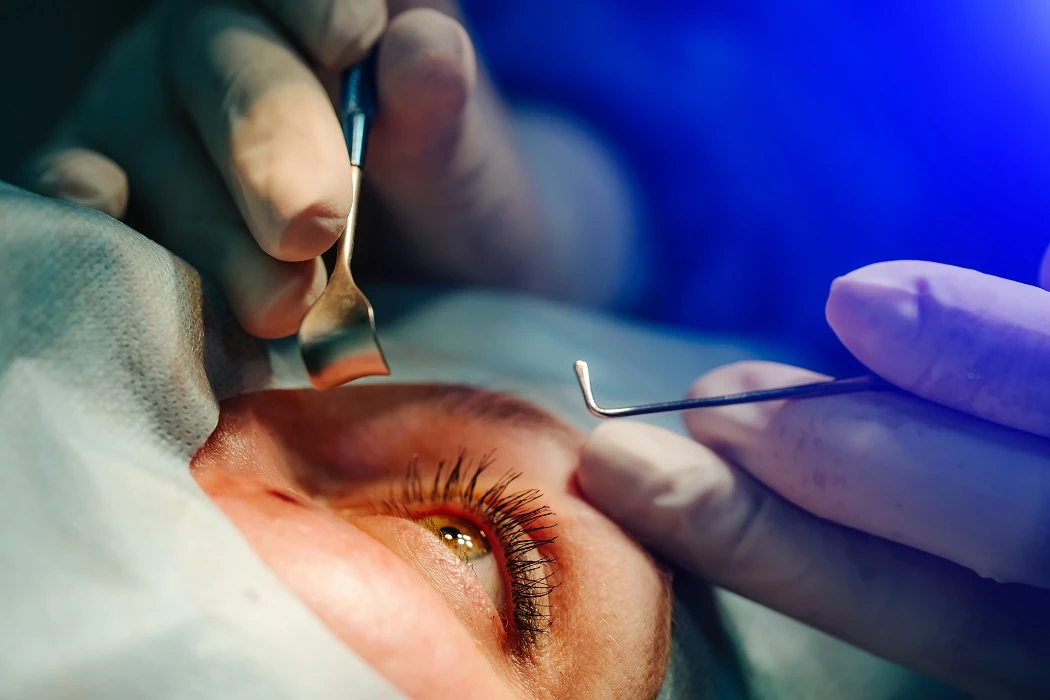You use your eyes to see, but cataracts may create a blur on your vision. As people age, many get cataracts and this often makes it harder to read or drive. Being aware of this condition supports your vision health. Cloudy lenses in your eyes cause a condition called cataracts.
Explaining the causes, symptoms, and when to see a cataract surgeon
Common causes of cataracts
Aging is most often why cataracts develop, as the lens of the eye gradually changes. Another reason could be diabetes which harms eye health or staying out in the sun for too long without protection. Using cigarettes or certain medications called steroids can cause higher chances of infections. By understanding these reasons, you can do things to prevent problems with your eyes.
Symptoms to watch for
Cataracts grow slowly and as soon as you notice symptoms, it may have been developing for a while already. You might have foggy blurred vision. Colors might not look as bright and nighttime visibility can be challenging. If these symptoms make it hard to live your daily life, you should notice them.
How cataracts affect daily life
Simple tasks can be more difficult with cataracts. Reading the fine print on labels, seeing in the dark or identifying friends and family may be hard for seniors. A few people experience seeing halos when looking at bright lights and sometimes have double vision in only one eye. They may lessen how much you can do on your own and how well you live.

When to consult a cataract surgeon
Should vision problems disturb your usual activities, you should consider visiting a cataract surgeon. Doctors can examine your eyes at the start and recommend the most suitable care. Your doctor may suggest surgery if cataracts are badly affecting your daily activities. A surgeon can go over your choices and support you in coming to a decision.
What happens during a consultation
The cataract surgeon will check your vision and examine your eyes during a visit. They could hold a bright light in front of the lens to check for cloudiness. Tests can tell you how much your vision is impaired by cataracts. This allows the surgeon to pick the most suitable treatment.
Preparing for surgery
Should surgery be recommended, your surgeon will describe what will happen. Nowadays, cataract surgery takes just a short time, is secure and is performed through tiny cuts. For most patients, vision returns quickly once the surgery is finished. Doing what your surgeon recommends after the procedure makes your recovery easier.
To sum up
Even if cataracts often happen, being aware of their symptoms and what causes them allows you to seek treatment sooner. Taking care of your eyes and asking a professional can help protect your eye health.











